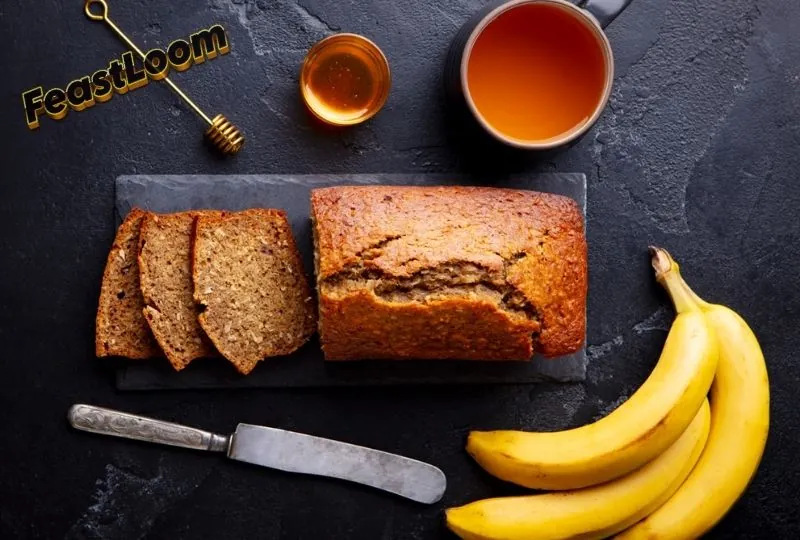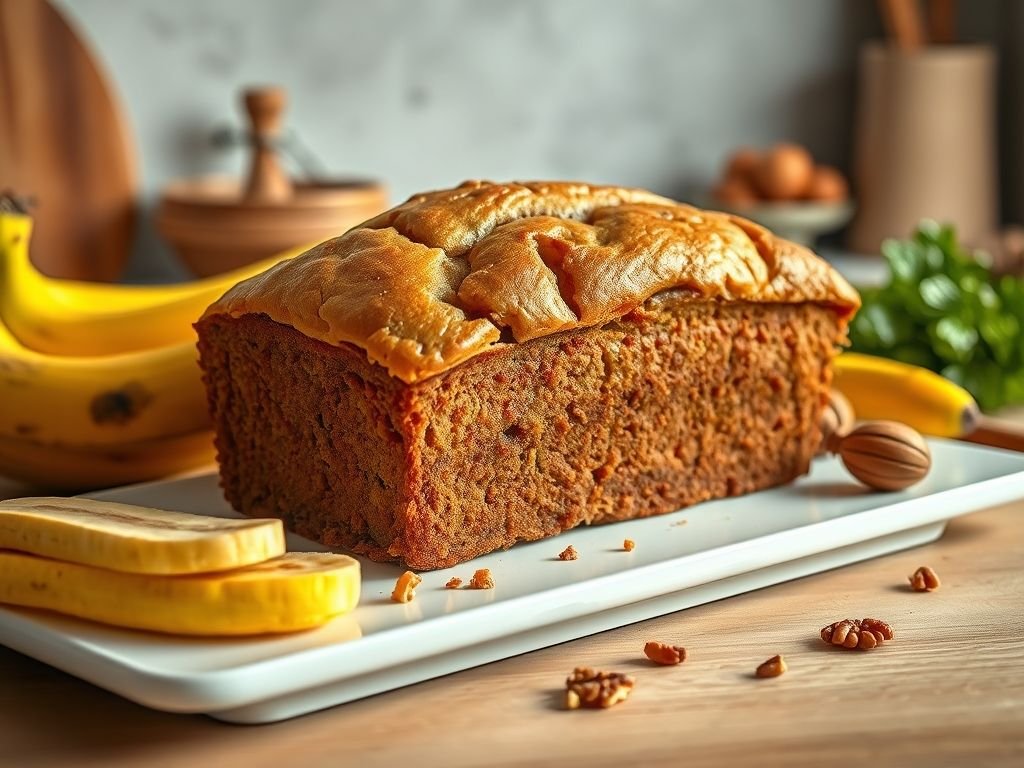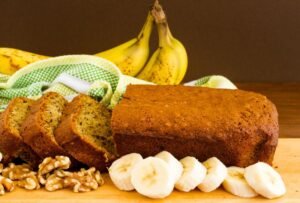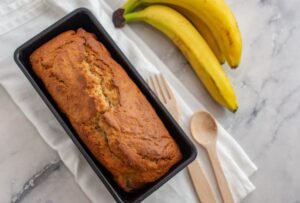What causes banana bread to be too oily?

What causes banana bread to be too oily?
Introduction
From amateur home cooks to professional chefs, the question of what causes banana bread to be too oily is one that has puzzled many. The quest for the perfect balance of moistness, texture, and flavor can often culminate in an overly oily result, making this a concern worth addressing. This article explores the potential causes of oily banana bread and proffers some tried and tested solutions to prevent this happening.
Understanding the Components of Banana Bread
Before we delve into the reasons behind excessively oily banana bread, let’s first understand the components of this beloved dessert staple: bananas, flour, sugar, eggs, baking soda or powder, and fat in the form of butter or oil.
The Role of Fat in Banana Bread
Fat provides moisture and flavor to the bread. However, too much of it can result in a greasy, unappetizing loaf. It is essential to strike a balance. Sometimes, to make the bread moist and flavorful, cooks increase the fat content, leading to excessively oily banana bread.
Choice of Fat
Many recipes suggest using either butter or oil. Butter is flavorful but may lead to a denser bread unless melted, whereas oil will create a greater moistness level and a lighter crumb.
Reasons for Oily Banana Bread
A few fundamental reasons contribute to banana bread turning out excessively oily:
- Incorrect ratios: Baking is a precise science, and it’s vital to stick to the recipe’s proportions. Too much fat or not enough dry ingredients can result in oily bread.
- Overripe bananas: Extremely ripe bananas are more sugary and moist. When used too heavily, they can make the bread too wet, seeming oily.
- Unsuitable baking temperature: Too low a temperature can cause the bread to be oily. This also results in bread that is not properly baked.
Ways to Prevent Oily Banana Bread
Here are some strategies to avoid your banana bread from being overly oily:
- Right ingredient ratio: Be precise with your measurements for all ingredients. This ensures a balance between wet and dry components.
- Moderation in using fat: Instead of surplus fat, add more bananas for extra moistness, keeping the taste intact.
- Right choice of fat: Choose a fat that lends a good balance of moisture and flavor. Butter can deliver a rich flavor, and oil can ensure the right level of moistness.
- Appropriate baking temperature: Adhering to the correct baking temperature helps correctly cook the batter, effectively avoiding a greasy outcome.
Conclusion
While baking seems daunting, knowing the potential pitfalls can help you turn out a delicious, well-textured banana bread. Keep an eye on your baking temperature and ingredient ratios, and choose your banana ripeness and fat source wisely, and you should avoid the problem of overly oily banana bread. Happy baking!
Remember, baking is an art, and you never fail in it. Each experience is a learning process and a chance to do better next time. Enjoy the process and the result. And remember: the most essential ingredient in banana bread is the love you put into making it.

What causes banana bread to be too oily?

Conclusion
Banana bread can often become too oily due to factors such as an excessive amount of ripe bananas, or mistakes in mixing and cooking. By modifying your recipe and reducing cooking time or oil content, you can counteract these problems. Furthermore, using a different kind of flour or carefully monitoring the baking process can help create a delicious, soft, and moist banana bread that’s not overly oily. Ultimately, trial-and-error will often lead to the perfect banana bread that fits your preferences. Moreover, understand that banana bread is a personal dish, and the “perfect” banana bread can vary from person to person.
FAQ
1. What causes banana bread to be oily?
An excessive amount of ripe bananas, too much oil or butter in the recipe, or improper baking can make banana bread too oily.
2. How can I reduce the oiliness of my banana bread?
Strategies include reducing the amount of oil or butter, using less ripe bananas, or changing the way you mix or bake the bread.
3. Does the type of flour I use affect the oiliness of my banana bread?
Yes, some types of flour absorb more moisture than others, potentially reducing the oiliness of your banana bread. Alternatives like whole wheat flour can be a better choice.
4. Would reducing the cooking time help with the oiliness in banana bread?
Yes, overbaking can lead to excess oil being brought to the surface of the bread, thus reducing baking time might help with the oiliness.
5. Does the ripeness of the bananas used contribute to the oiliness of banana bread?
Yes, overripe bananas tend to make the banana bread denser and more moist, which can contribute to the perception of oiliness.
6. Can I use applesauce as a substitute for oil in my banana bread recipe?
Yes, applesauce could be a healthier alternative to oil, and it can make your banana bread moist and flavorful without adding excess oil.
7. Does the method of mixing ingredients affect the oiliness of my banana bread?
Yes, overmixing can lead to a denser, more oily banana bread. It’s recommended to gently fold wet and dry ingredients together until just combined for best results.

When you make purchases through the links available on our site, we may receive an affiliate commission at no additional cost to you.



